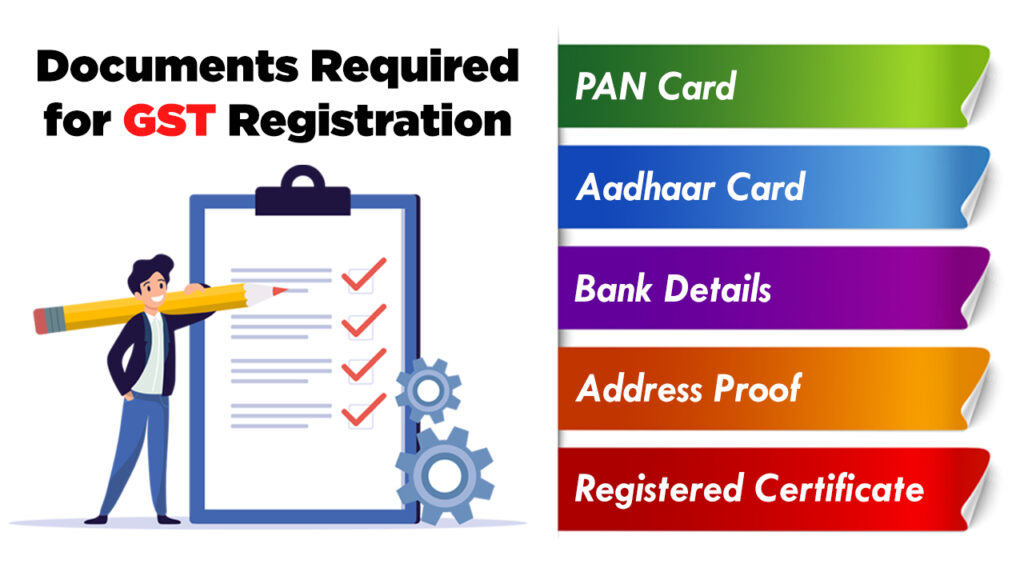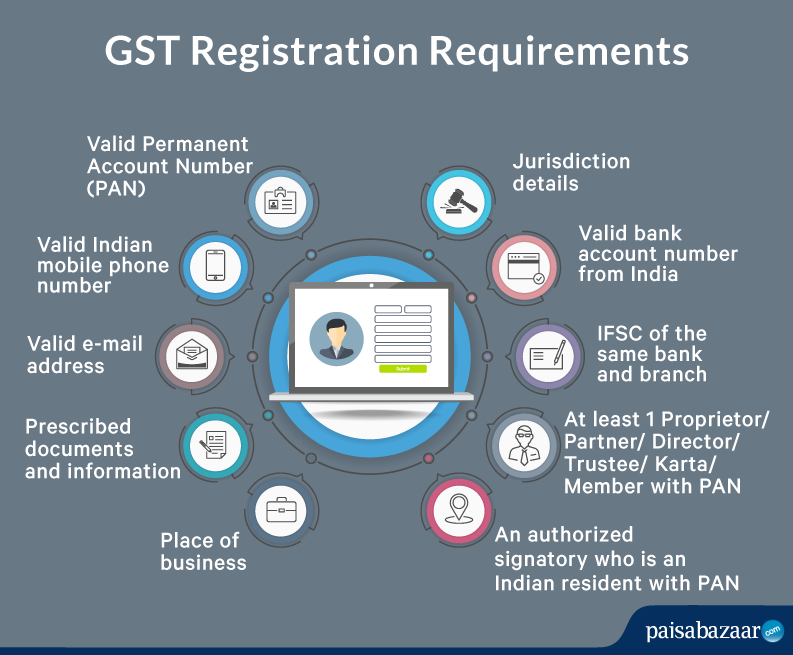How to Navigate Singapore GST Registration for Your Business
The Ultimate Overview to Streamlining the GST Enrollment Process and Demands for Local Business Owners

Recognizing GST Fundamentals
To grasp the basics of the Product and Services Tax (GST) system, small service owners must initially understand its underlying concepts and effects. Under the GST program, businesses are called for to register and collect tax on part of the government, guaranteeing openness and conformity.
One of the essential principles of GST is input tax obligation credit history, which permits services to declare debt for tax obligations paid on their purchases. This device stops the cascading effect of tax obligations and advertises efficiency in the tax system. Additionally, GST is a destination-based tax obligation, implying that the tax is imposed at the point of consumption as opposed to the factor of beginning. This makes sure fair circulation of tax obligation revenue amongst states based on where the services or items are consumed. Recognizing these standard principles is crucial for small company owners to navigate the intricacies of the GST system and guarantee conformity with the legislation.
Eligibility Standards for Enrollment
Having actually developed a foundational understanding of GST principles, local business owners must currently fulfill specific qualification criteria to proceed with the registration process. In India, entities took part in the supply of items or services with an annual aggregate turnover exceeding Rs. 40 lakhs (Rs. 10 lakhs for special group states) are needed to register for GST. In addition, certain organizations such as those included in inter-state supply of goods, laid-back taxed persons, and those required to pay tax under the reverse fee mechanism need to register for GST regardless of their turn over. Services that were signed up under the previous tax obligation program (VAT, solution tax, and so on) are likewise mandated to register under GST. Nonetheless, agricultural businesses that just supply produce out of key production are excluded from GST registration. It is crucial for local business owner to meticulously examine their eligibility based upon these standards to make certain conformity with the legislation and stay clear of any fines for non-compliance.
Files Needed for GST Registration

Simplified Enrollment Refine Steps
Following the collection and verification of the requisite records, the enrollment process for GST can be navigated via a investigate this site collection of simplified steps made to promote reliable compliance for local business proprietors. The very first step involves seeing the GST site and selecting the 'New Enrollment' alternative. Ultimately, the candidate should fill out Part A of the GST REG-01 form with information such as PAN, mobile number, and email address to get an OTP for verification. Once the OTP is obtained and entered, a Short-term Reference Number (TRN) is produced for further proceedings. The following step requires submitting Component B of the type with necessary organization details, submitting sustaining records, and completing the confirmation procedure utilizing DSC or EVC. Lastly, upon successful confirmation, an Application Recommendation Number (ARN) is released, showing the completion of the GST enrollment process. By following these streamlined actions, little business owners can properly sign up for GST and ensure conformity with tax obligation regulations.
Tips for Ensuring Compliance
To preserve regulative adherence and operational integrity, diligent oversight and aggressive procedures are pivotal in guaranteeing compliance with GST needs for local business proprietors. Small business proprietors need to stay updated with GST laws, submitting due dates, and any adjustments in tax obligation rates to stay clear of fines and preserve a good standing with tax authorities. One essential pointer for conformity is to maintain detailed and exact records of all transactions, consisting of invoices, invoices, and expenses related to GST. On a regular basis resolving financial records with GST returns can aid in determining and correcting any kind of disparities immediately. Furthermore, conducting periodic internal audits or looking for specialist aid can ensure that business is complying with all GST guidelines appropriately. It is likewise vital for local business owners to purchase GST-compliant accounting software program that can enhance the tax obligation filing process and reduce mistakes. Finally, attending GST understanding workshops or training programs can improve understanding and compliance with GST policies, inevitably benefiting business over time.
Conclusion
To conclude, small company owners should understand the essentials of GST, satisfy the eligibility requirements, gather necessary files, and adhere to the streamlined registration process actions to make sure compliance. By simplifying the GST enrollment procedure and requirements, small company proprietors can prevent penalties and run their services smoothly within the lawful web link framework - Singapore GST Registration. It is important for small organization owners to stay enlightened and compliant with GST policies to keep an effective company procedure
Little company owners looking for GST enrollment need to ensure they collect and submit the necessary look what i found records to complete the enrollment process successfully. The papers required for GST enrollment normally include proof of business enrollment or incorporation, FRYING PAN (Permanent Account Number) card of the organization entity, address and identification evidence of the promoters/partners/directors, photographs, address evidence of the place of organization, bank account declarations or terminated cheques, and permission kinds. Attending GST recognition workshops or training programs can improve understanding and conformity with GST guidelines, ultimately profiting the company in the lengthy run.
By streamlining the GST registration procedure and demands, small organization owners can prevent penalties and operate their organizations smoothly within the lawful structure. It is crucial for little company proprietors to remain educated and compliant with GST regulations to keep a successful service operation.